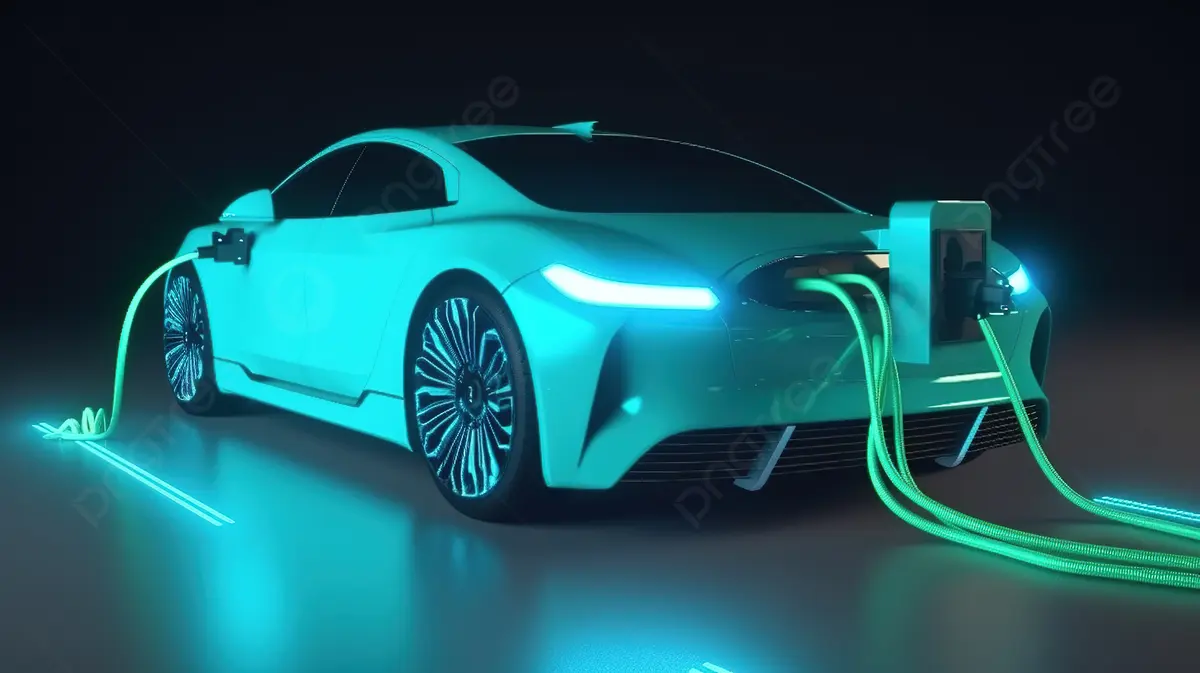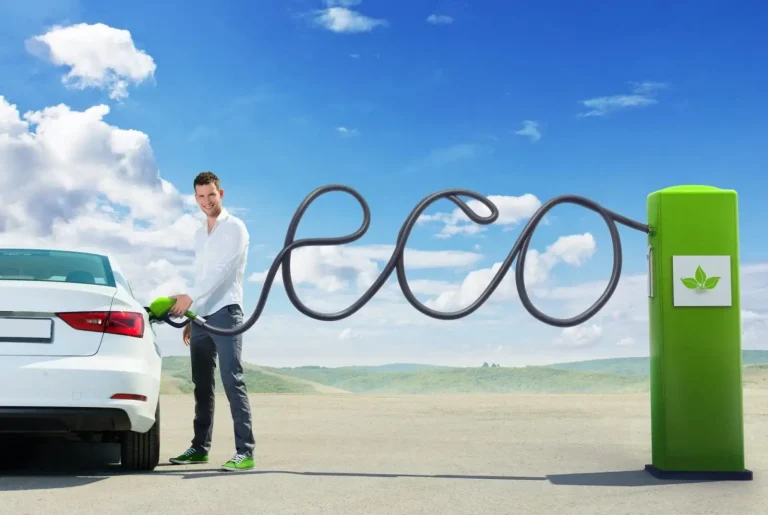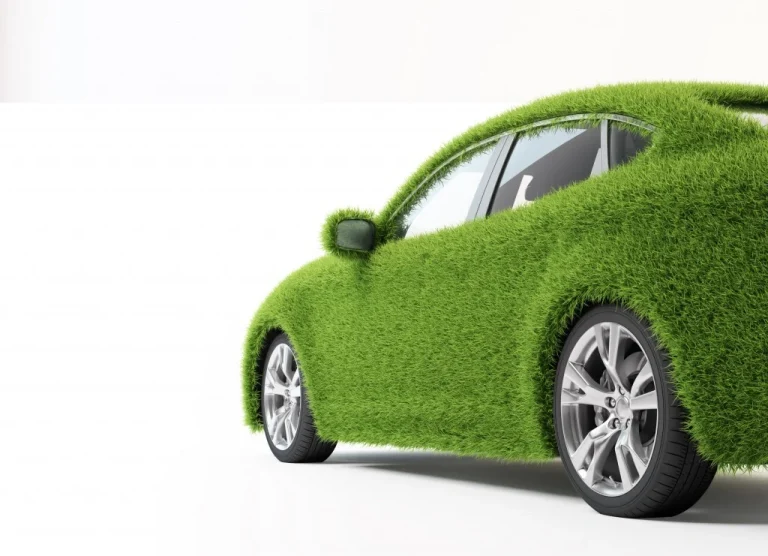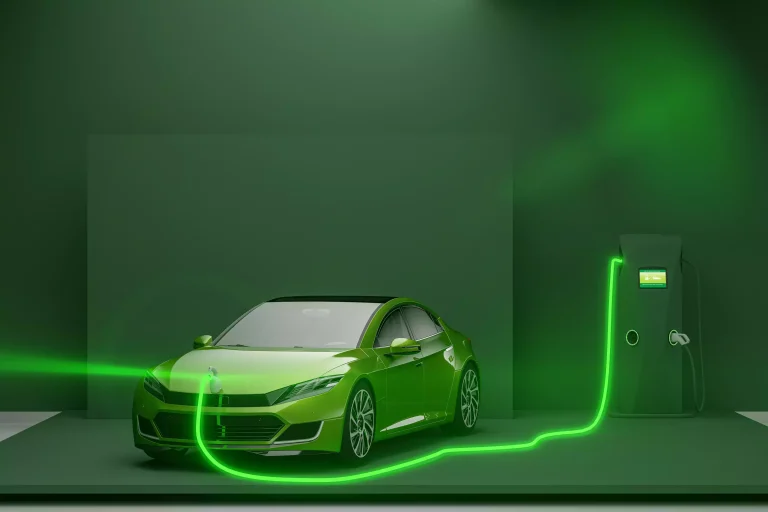The Importance of Eco-Friendly Cars
As the world faces the growing challenges of climate change and environmental degradation, the choices we make as consumers matter more than ever. Among these decisions, opting for eco-friendly cars is a step that can significantly impact the environment and our communities.
Eco-friendly cars, such as electric vehicles (EVs), hybrids, and plug-in hybrids, are more than just a trend they represent a shift toward sustainable living. Let’s explore why these vehicles are crucial, how they help the planet, and what makes them a smart choice for individuals and societies alike.
What Does “Eco-Friendly” Mean in Cars?
The term “eco-friendly” originates from the Latin word oeco, meaning “household” or “habitat.” Applied to cars, it means vehicles designed to minimize environmental harm.
Eco-friendly cars achieve this through:
- Reducing Emissions: Electric and hybrid cars release little to no harmful gases.
- Efficient Energy Use: They consume less energy overall compared to traditional vehicles.
- Sustainable Manufacturing: Many models are built using recycled or sustainable materials.
By choosing an eco-friendly car, drivers actively contribute to protecting the planet for future generations.
What Makes a Car Eco-Friendly?
Eco-friendly cars include electric vehicles, hybrids, and plug-in hybrids. Here’s what sets them apart:
- Electric Vehicles (EVs): Run entirely on electricity with no tailpipe emissions.
- Hybrids: Use a combination of electric power and fuel, reducing overall emissions.
- Plug-In Hybrids: Operate primarily on electricity but have a backup fuel engine for longer trips.
These vehicles incorporate advanced technology like regenerative braking and lightweight materials, ensuring they consume less energy and emit fewer pollutants.
How Does Using a Car Affect the Environment?
Traditional cars have a significant environmental impact, including:
- Greenhouse Gas Emissions: Combustion engines release CO2 and other pollutants, contributing to climate change.
- Air Pollution: Cars emit nitrogen oxides and particulate matter that harm air quality and public health.
- Noise Pollution: The loud engines of petrol and diesel vehicles disturb both humans and wildlife.
Switching to eco-friendly vehicles mitigates these impacts, helping preserve the planet and improve public health.
Which Cars Are More Environmentally Friendly?
When comparing car types, electric vehicles (EVs) are the most environmentally friendly.
- Zero Emissions: EVs do not produce tailpipe emissions, significantly reducing air pollution.
- Renewable Energy Compatibility: Charging EVs with solar or wind energy makes them even greener.
- Recyclable Materials: Many EVs are manufactured with sustainability in mind, using recyclable materials.
If an EV isn’t feasible for you, consider hybrids or plug-in hybrids, which still offer lower emissions and improved fuel efficiency compared to traditional petrol or diesel cars.
Why Eco-Friendly Cars Matter
Reducing Carbon Footprints
Transportation is one of the largest contributors to greenhouse gas emissions worldwide. Traditional gasoline and diesel cars emit carbon dioxide (CO2), a primary driver of climate change. Eco-friendly cars, especially EVs, produce little to no direct emissions, making them a sustainable alternative.
Cleaner Air, Healthier Communities
Air pollution from vehicles causes respiratory problems, cardiovascular diseases, and premature deaths. By switching to eco-friendly cars, we can reduce harmful pollutants like nitrogen oxides and particulate matter, contributing to cleaner air and healthier cities.
Energy Efficiency
Eco-friendly cars are designed with energy efficiency in mind. Electric vehicles, for example, convert over 60% of the electrical energy from the grid into vehicle movement, compared to just 20%–30% for internal combustion engine (ICE) cars.
Features of Eco-Friendly Cars
Eco-friendly vehicles boast cutting-edge technology that sets them apart from traditional cars. Here’s what makes them special:
- Zero Emissions: Electric cars produce no tailpipe emissions, significantly reducing their environmental impact.
- Regenerative Braking: This technology allows the car to recover energy while braking, increasing efficiency.
- Battery Technology: Modern batteries are lightweight, long-lasting, and recyclable. Advances in battery tech are continuously improving range and affordability.
- Quiet Operation: Reduced noise pollution is a hidden benefit of EVs, making urban areas more livable.
- Smart Connectivity: Many eco-friendly cars come with features like navigation assistance for optimal energy use and eco-driving tips.
Benefits of Eco-Friendly Cars
Environmental Benefits
- Lower Greenhouse Gas Emissions: EVs and hybrids significantly reduce the carbon footprint of daily commutes.
- Conservation of Resources: Vehicles that run on renewable energy reduce dependency on finite resources like oil and gas.
Economic Advantages
- Lower Fuel Costs: Charging an EV is often cheaper than refueling a petrol or diesel car.
- Tax Incentives and Grants: Many governments offer financial incentives for purchasing eco-friendly vehicles.
- Reduced Maintenance Costs: Electric cars have fewer moving parts than traditional cars, requiring less maintenance over their lifespan.
Social Impact
- Improved Public Health: By reducing air pollution, eco-friendly cars help decrease health risks associated with poor air quality.
- Noise Reduction: Quieter streets create a more pleasant environment for everyone.
How to Maximize the Impact of Eco-Friendly Cars
Switching to an eco-friendly car is just one part of the equation. Here are additional steps to make your transportation choices even greener:
- Adopt Eco-Safe Driving Practices:
- Avoid rapid acceleration and braking to conserve energy.
- Use cruise control on highways to maintain a consistent speed.
- Use Renewable Energy for Charging:
- Power your EV with electricity from renewable sources, such as solar or wind.
- Carpool or Combine Trips:
- Sharing rides and planning trips efficiently reduces overall emissions.
- Regular Maintenance:
- Keep your car in optimal condition to ensure it runs as efficiently as possible.
Also Read: How to Make Your Car More Eco-Friendly
Challenges and Future Prospects
While eco-friendly cars are a game-changer, challenges remain:
- Charging Infrastructure: Expanding the network of charging stations is crucial for wider adoption.
- Battery Recycling: Innovations in recycling processes are needed to handle end-of-life batteries sustainably.
- Initial Cost: Although EV prices are falling, they remain higher than traditional cars for some buyers.
Despite these hurdles, the future looks promising. Technological advancements, increased awareness, and supportive government policies are paving the way for a greener automotive industry.
Reduced Noise Pollution
Unlike traditional vehicles with roaring engines, eco-friendly cars—especially electric vehicles (EVs)—are remarkably quiet. This absence of noise is because EVs do not rely on internal combustion engines.
In fact, their silence has prompted manufacturers to add artificial sounds to ensure pedestrian safety, particularly in urban areas where quiet cars can pose a risk to people crossing the road. The result? A calmer, less noisy environment that improves the quality of life, especially in cities.
Convenient Charging Options
Charging an electric vehicle is incredibly convenient compared to the traditional refueling process. You can:
- Charge at Home: Plugging in your EV overnight ensures it’s ready for your daily commute by morning.
- Use Public Charging Stations: Many supermarkets, malls, and workplaces now offer EV chargers, making it easy to top up while you go about your day.
With expanding charging infrastructure, long trips are no longer a hassle. Drivers can plan routes based on available fast-charging stations for uninterrupted travel.
Ease of Driving
Eco-friendly cars, particularly EVs, are known for their simplicity:
- No Gears: Unlike manual or even automatic petrol cars, EVs operate without gear shifts, making them smooth and effortless to drive.
- Instant Acceleration: Electric motors provide immediate torque, offering a responsive and enjoyable driving experience.
Their user-friendly design makes them ideal for drivers of all experience levels.
Plan Ahead for Convenience
Eco-friendly cars are ideal for forward-thinking individuals who value efficiency:
- Charging your car overnight ensures it’s ready for the day.
- Pre-planning trips to include charging breaks allows for seamless long-distance travel.
With EVs, you’re encouraged to adopt a mindful approach to your journey, saving both time and energy.
Fast Charging Solutions
Forgot to charge your car? Don’t worry—fast charging technology has got you covered.
- Rapid Chargers: These can provide 80% charge in as little as 30 minutes, perfect for quick stops during long trips.
- Battery Swapping Services: Some locations offer battery swap stations, where you can exchange your depleted battery for a fully charged one in minutes.
The convenience of fast-charging infrastructure means range anxiety is becoming a thing of the past.
Conclusion
Eco-friendly cars are not just a choice they’re a responsibility. By transitioning to greener modes of transport, we can play an active role in combating climate change, improving air quality, and ensuring a healthier future for generations to come. Whether you’re considering an EV, hybrid, or another green vehicle, making the switch today can lead to a brighter and more sustainable tomorrow.





